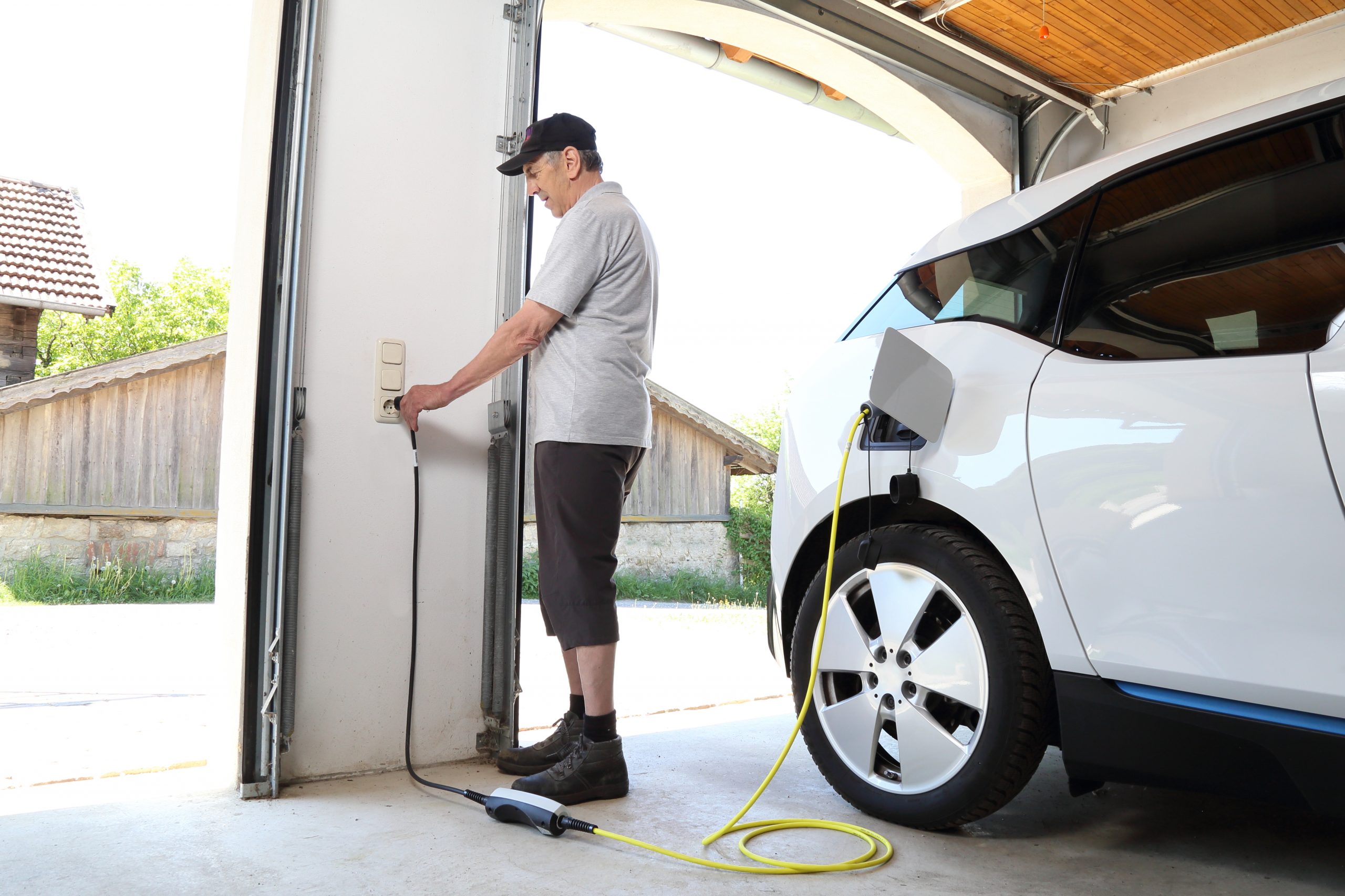
25 Sep How do you choose an EV Tariff that’s right for you?
What is an EV Tariff?
So, you’ve bought an EV, or you’re about to buy one, and your trying to figure out how much it’s going to cost you to “fill up”. Unfortunately, it’s not quite as simple as when you fill up with petrol or diesel. Some charge points are free to use, which is great, whereas others can charge you at rates three or even four times what you’d pay at home.
Typically, what you’re paying for with the higher cost is the rate of charge, rather than quantity. Rapid chargers (50kW and above), such as those that you see at motorway service stations, cost significantly more to install than a fast-domestic charge points (7kW), and the higher rates are a way to recoup that investment.
Even at home, there are a variety of choices, which can significantly reduce your electricity bill. Many are similar to the old Economy 7 tariff, where electricity was cheaper between the hours of midnight and 7am. Others are more intelligent and are able to specifically isolate the electricity used to charge your car, and hence charge a separate bill entirely.
Don’t worry, you won’t need to go out and start charging your car at midnight and turn off at 7am. Most cars can do this through settings in the car (or app), and there are also charge points that can manage this for you if your car isn’t able to.
How do I choose the right one for me?
You’ll need to look out for the day rate, and the night rate, and then understand how many miles you’re likely to drive, and therefore the electricity that you’ll consume. Coupled with the half hourly data that you have from your supplier you can then forecast.
You should also consider how much of your evening usage you could shift to the cheaper window, to take further advantages of the savings (and consume electricity when the grid is typically greener).
As an example, an EV (in the case an e-Golf) which charges on the Octopus GO tariff (which charges 5p/kWh between 00:30 and 04:30), will typically consume only £100 of electricity for 10,000 miles. This is a significant saving when compared to fuel costs for an equivalent petrol or diesel car.
Want to know more?
There are a variety of comparison websites out there to help guide your thinking, and it certainly pays to shop around. If you’re still trying to find your way, please leave a comment in the comment box, and I’ll be happy to help.

No Comments